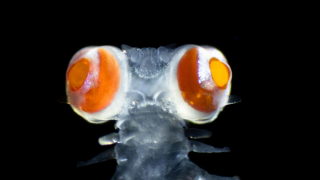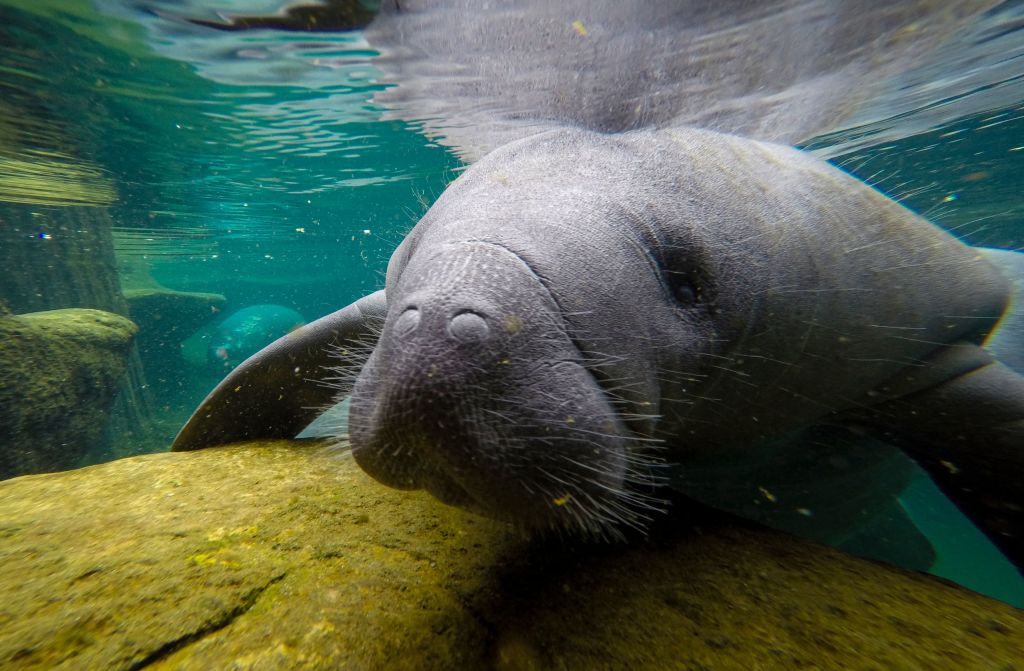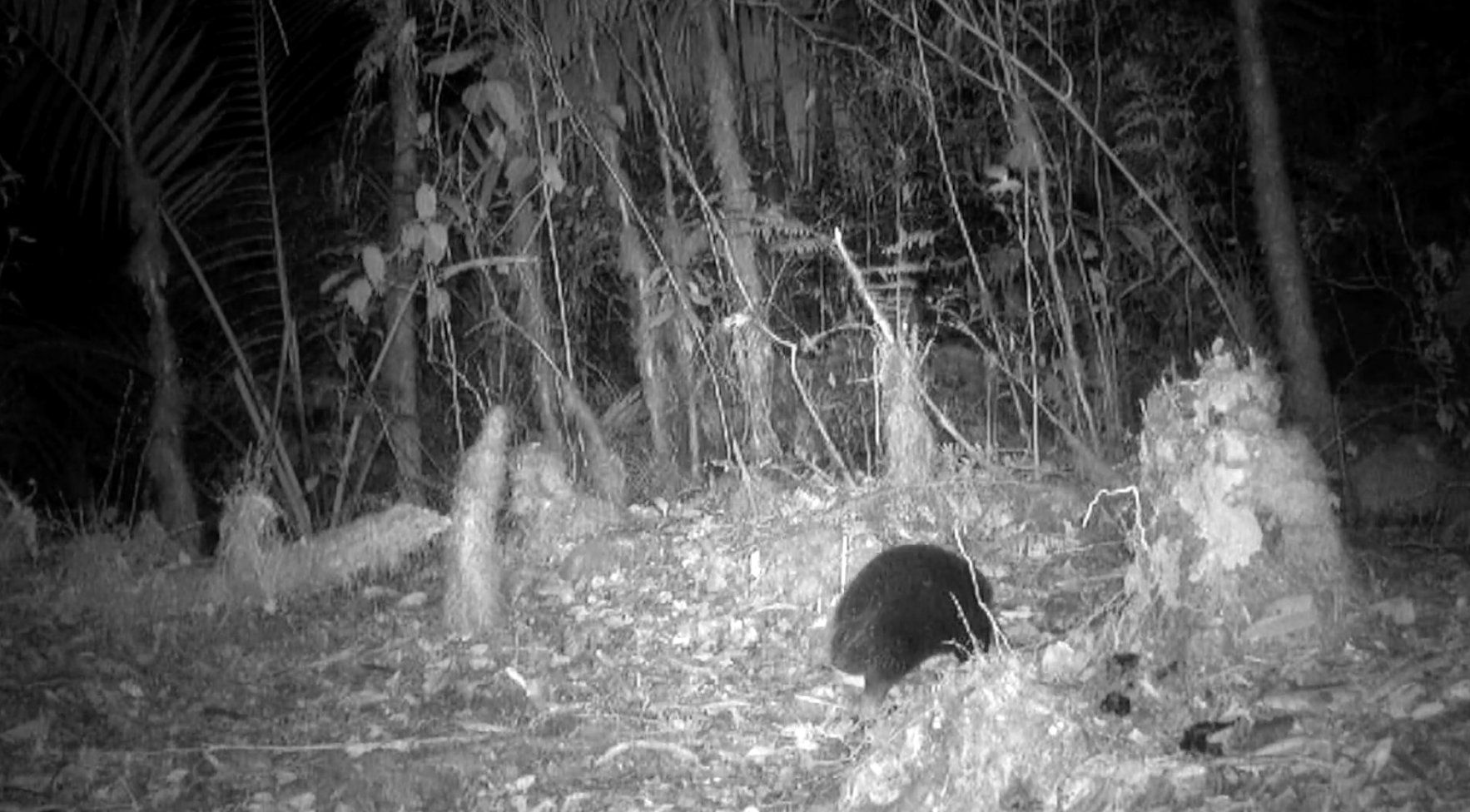
A tiny nocturnal worm native to the Mediterranean Sea has eyes as sharp as mammals, according to neuro and marine biologist Anders Garm from the University of Copenhagen’s Department of Biology.
The transparent marine worms, known as vanadis bristle worms, have eyes so large that if a human had them, they “would need a big sturdy wheelbarrow and brawny arms to lug around the extra 100kg," Garm told reporters.
The worms were first discovered around the Italian island of Ponzo, which is west of Naples. After their discovery and the subsequent realization of their eyes, Garm and Lund University scientist Michael Bok set out to research the worms' visual capabilities. Their findings were then published in Current Biology.
“Together, we set out to unravel the mystery of why a nearly invisible, transparent worm that feeds in the dead of night has evolved to acquire enormous eyes,” Bok said. “As such, the first aim was to answer whether large eyes endow the worm with good vision.”
We're making it easier for you to find stories that matter with our new newsletter — The 4Front. Sign up here and get news that is important for you to your inbox.
Together, the pair of scientists found out the worm was able to use its eyes to see small objects and track their movements.
This capability is typically unique to vertebrates, arthropods and cephalopods. The discovery marks the first time this animal group is known to have such a detailed view of the world.
“In fact, our research has shown that the worm has outstanding vision,” Garm said. “Its eyesight is on a par with that of mice or rats, despite being a relatively simple organism with a miniscule brain.”
The natural next question asks what may have caused the species to evolve this way.
As nocturnal animals, most of their important work, like finding food and mating, is done at night. This also means tracking their hiding locations can be difficult.
Garm and Bok said part of the explanation may be that their eyes have turned to ultraviolet light, something invisible to the human eye. This may mean the worm’s eyes evolved to see their own bioluminescence at night, as a form of communication. The UV light helps them to remain invisible to any animal that is not their own species, guarding them from predators.
“Our hypothesis is that they’ve developed sharp UV vision so as to have a secret language related to mating," Garm said. “It may also be that they are on the lookout for UV bioluminescent prey. But regardless, it makes things truly exciting as UV bioluminescence has yet to be witnessed in any other animal.”



